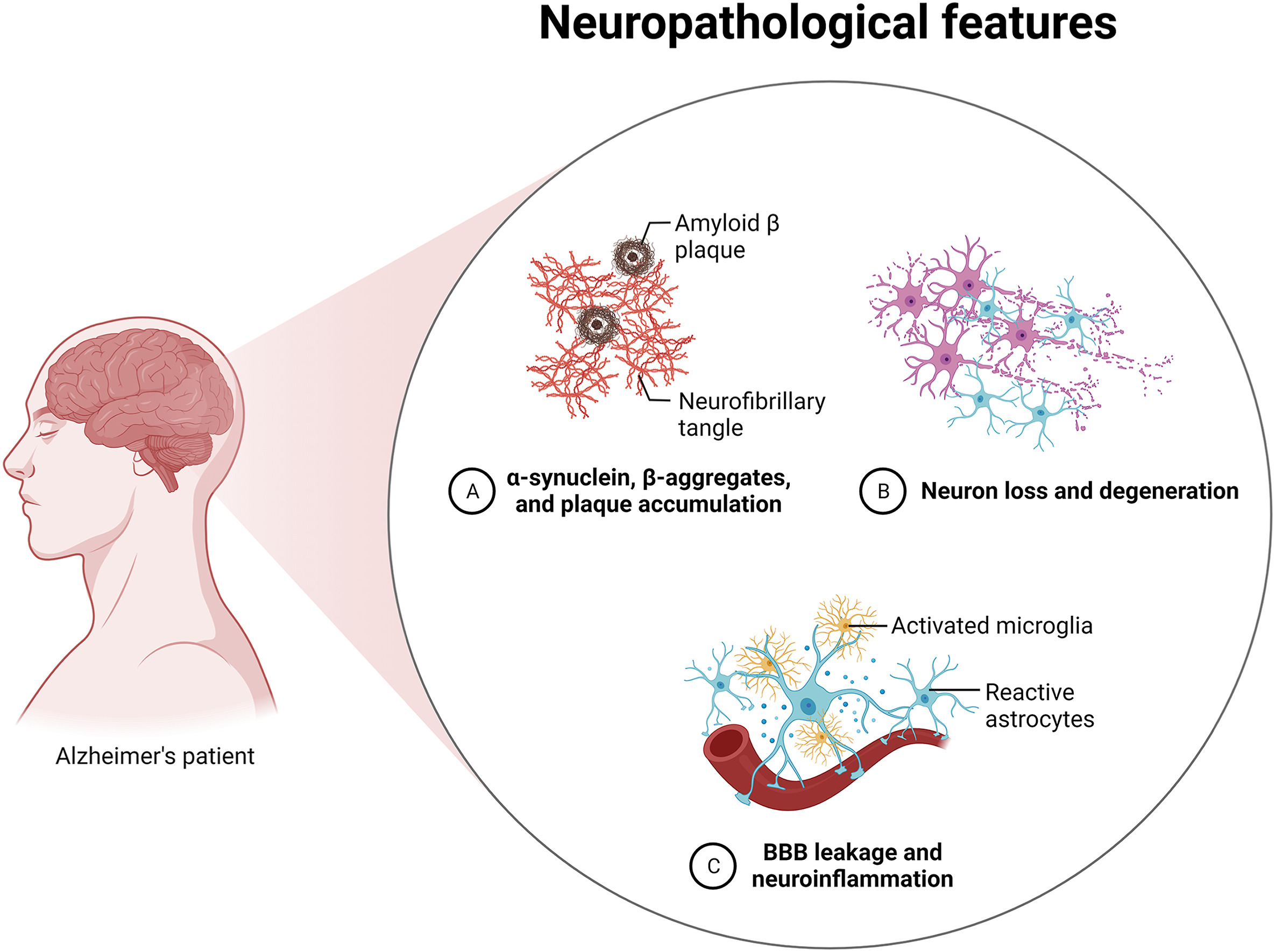This content aligns with Goal 3: Good Health as well as Goal 10: Reduced Inequalities by providing research on disabilities to help prepare for future public health disasters. It also promotes inclusive leadership and implementation that considers the needs of people with disabilities.
Advances in Energy from Waste: Transformation Methods, Applications and Limitations Under Sustainability, Woodhead Advances in Pollution Research, 2024, Pages 503-524
Advances in Energy from Waste: Transformation Methods, Applications and Limitations Under Sustainability, Woodhead Advances in Pollution Research, 2024, Pages 225-279
Additive Manufacturing Materials and Technology: Additive Manufacturing Materials and Technologies, 2024, Pages 341-357
International Youth Day 2025
International Youth Day (IYD) is dedicated to drawing attention to the cultural and legal issues surrounding youth. Established by the United Nations in 1999, this day serves as a platform for governments and organizations to address the challenges faced by young people and to recognize their contributions to global development. Observed annually on August 12th, IYD encourages activities that promote awareness, dialogue, and action on youth-related issues.
The Significance of Youth
Sleep and Sport: Physical Performance, Mental Performance, Injury Prevention, and Competitive Advantage for Athletes, Coaches, and Trainers, 2024, pp 137-164



